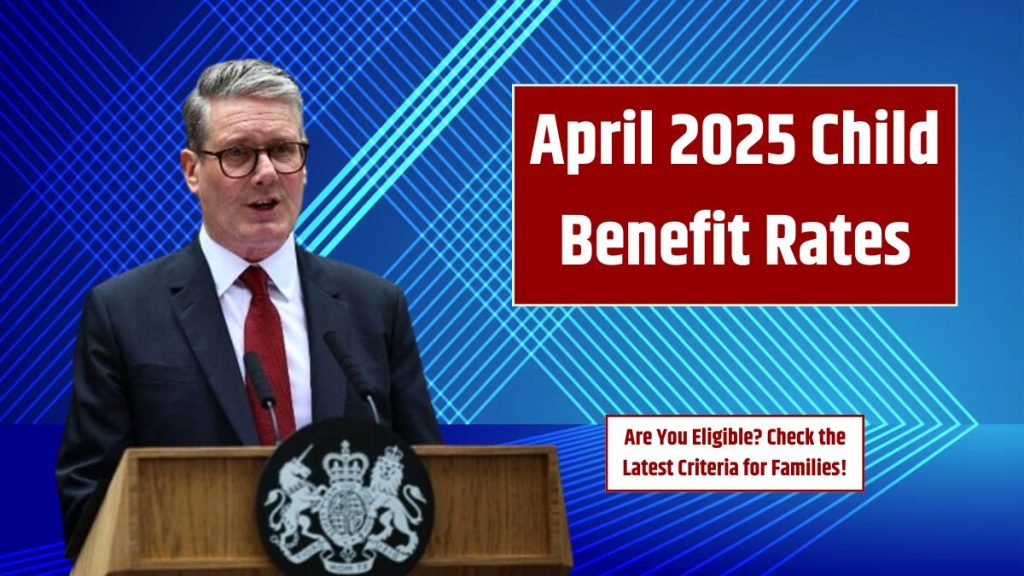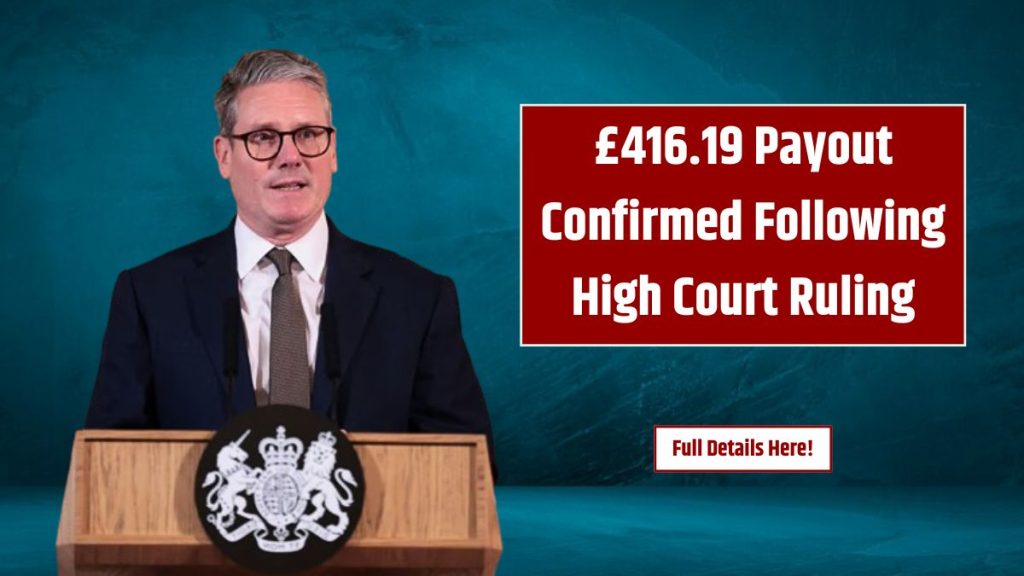Rising living costs in 2025 are pushing millions of households to reevaluate their budgets and seek financial support. With increased expenses in essentials like groceries, housing, and energy, many are exploring available benefits, updates, and assistance programs to manage the cost-of-living crisis effectively. Below is a detailed guide on the current financial landscape, including key updates and resources available to UK households this year.
The Economic Picture in 2025
The UK economy is experiencing a mix of modest growth and challenges. Inflation eased to 2.5% in December 2024, offering some relief. However, government plans to cut sickness and disability benefits by £3 billion signal potential hardships for vulnerable groups. Poverty projections by the Joseph Rowntree Foundation suggest an alarming increase in poverty levels without intervention, with an additional 100,000 children and 300,000 adults predicted to fall into poverty by 2029.
Payment Schedules for Benefits and Pensions
February 2025 does not include any bank holidays, meaning benefit and pension payments will follow their usual schedule. Payments include:
- Universal Credit
- State Pension
- Pension Credit
- Child Benefit
- Disability Living Allowance (DLA)
- Personal Independence Payment (PIP)
- Attendance Allowance
- Carer’s Allowance
- Employment Support Allowance (ESA)
- Income Support
- Jobseeker’s Allowance (JSA)
The transition of all legacy benefits to Universal Credit will conclude by January 2026, with Employment Support Allowance and Housing Benefit shifting to the new system by December 2025.
Household Support Fund (HSF)
The Household Support Fund (HSF), extended until March 2025, provides critical aid through local councils to vulnerable households. Assistance can include:
- Cash grants
- Supermarket vouchers
- Energy bill support
To access the fund, visit your local council’s website for specific support options.
Financial Assistance for Universal Credit Claimants
Universal Credit recipients experiencing emergencies can apply for interest-free budgeting advance loans. Maximum loan amounts vary:
| Claimant Type | Maximum Loan |
|---|---|
| Single | £348 |
| Couple | £464 |
| With Children | £812 |
Starting April 2025, repayment deductions from Universal Credit will be capped at 15% of the standard allowance, down from 25%.
Charitable Grants and Energy Assistance
Charitable Grants
Organizations like Turn2us provide tools to identify grants tailored to specific needs, such as disability, illness, or bereavement. These grants can offer much-needed financial relief for eligible individuals.
Energy Provider Assistance
Energy providers offer various forms of support, including:
- British Gas Energy Trust: Grants up to £2,000
- Tailored payment plans and discounts: Available from suppliers like EDF, Scottish Power, and Octopus Energy
Contact your energy supplier directly to inquire about assistance programs.
Tax and Utility Relief
Council Tax Reduction
Households meeting specific criteria or receiving qualifying benefits can receive up to 100% off their council tax bill. Applications can be made through local councils.
Warm Home Discount
Eligible households can receive a £150 electricity bill discount, automatically applied if criteria are met.
Expanding Free Childcare
The government’s expanded childcare program now includes:
- 15 hours of free childcare for 2-year-olds (available April 2025)
- 30 hours of free childcare for children aged 3–4
- Coverage for children from 9 months (starting September 2025)
Parents must apply online and reconfirm eligibility every three months.
Increases in Benefits and Energy Costs
Benefits and Pensions
Working-age benefits will increase by 1.7% in line with inflation, while the State Pension sees a 4.1% rise under the triple lock:
| Benefit/Pension | Increase |
|---|---|
| Universal Credit | 1.7% |
| Disability Benefits | 1.7% |
| State Pension | £472 annually (4.1%) |
Energy Price Cap
In January 2025, Ofgem raised the energy price cap from £1,717 to £1,738, with further increases of 3–5% anticipated in April. While the cap limits per-unit energy charges, total bills vary based on usage.
Navigating rising costs can feel overwhelming, but understanding the available resources and staying informed on financial updates can empower households to better manage their budgets.
How can I apply for the Household Support Fund?
Visit your local council’s website for information on eligibility and the application process.
What is the Warm Home Discount, and how do I qualify?
Eligible households automatically receive a £150 discount on electricity bills if they meet certain income or benefit criteria.
How do I claim free childcare benefits?
Parents can apply online through the government portal and must reconfirm eligibility every three months.










